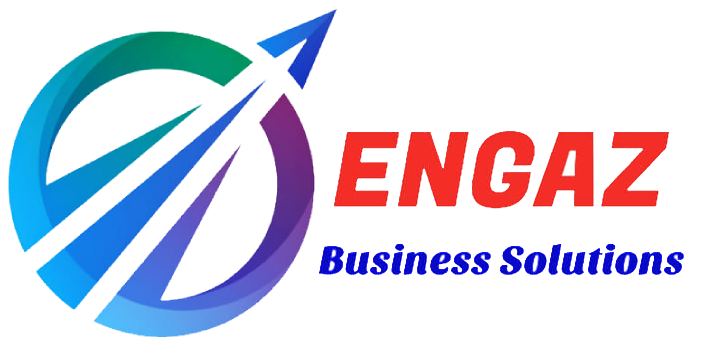
HR planning, recruitment, and development are crucial aspects of building and maintaining a skilled and motivated workforce in healthcare projects. Here’s a structured approach to managing these aspects effectively:
- HR Planning:
- Forecasting Staffing Needs: Analyze the projected demand for healthcare services based on patient volume, service offerings, and industry trends. Forecast the required staffing levels by department or role.
- Skills Assessment: Identify the specific skills and competencies needed for each role within the healthcare project. Consider factors such as clinical expertise, technical skills, communication abilities, and cultural fit.
- Succession Planning: Identify key positions and individuals critical to the success of the healthcare project. Develop plans to ensure continuity in leadership and key roles through succession planning and talent development initiatives.
- Recruitment:
- Develop Recruitment Strategies: Define recruitment strategies tailored to the healthcare project’s staffing needs, target demographics, and industry best practices. Consider methods such as online job postings, referrals, networking, and partnerships with educational institutions.
- Candidate Screening and Selection: Implement rigorous screening processes to assess candidates’ qualifications, skills, experience, and cultural fit. Conduct interviews, background checks, and reference checks to ensure the suitability of candidates for roles within the healthcare project.
- Diversity and Inclusion: Promote diversity and inclusion in recruitment efforts to build a workforce that reflects the diversity of the patient population and fosters a culture of equity and belonging.
- Onboarding and Orientation:
- Develop Onboarding Programs: Create comprehensive onboarding programs to welcome new hires and integrate them into the healthcare project’s culture, values, and workflows. Provide orientation sessions, training modules, and mentorship opportunities to support new employees in their roles.
- Provide Resources and Support: Ensure that new hires have access to the resources, tools, and support they need to succeed in their positions. Assign mentors or buddy systems to help new employees acclimate to their roles and the organization.
- Training and Development:
- Identify Training Needs: Assess the skills gaps and development needs of employees within the healthcare project. Conduct performance evaluations, skills assessments, and feedback sessions to identify areas for improvement.
- Offer Continuous Learning Opportunities: Provide ongoing training and development opportunities to enhance employees’ knowledge, skills, and competencies. Offer workshops, seminars, online courses, and certifications relevant to their roles and career goals.
- Encourage Career Growth: Support employees’ career advancement through coaching, mentoring, and career development programs. Provide opportunities for cross-training, job rotations, and promotions to help employees achieve their full potential.
- Performance Management:
- Establish Performance Metrics: Define clear performance metrics and goals for employees within the healthcare project. Align individual performance goals with organizational objectives to drive performance and accountability.
- Provide Regular Feedback: Conduct regular performance evaluations and provide constructive feedback to employees on their performance, strengths, and areas for improvement. Offer coaching and support to help employees meet their performance goals.
- Recognize and Reward Achievement: Recognize and reward employees for their contributions and achievements within the healthcare project. Implement reward and recognition programs to celebrate milestones, accomplishments, and exemplary performance.
- Employee Engagement and Retention:
- Promote a Positive Work Environment: Foster a positive work environment that values teamwork, collaboration, and mutual respect. Encourage open communication, employee feedback, and opportunities for employee involvement in decision-making processes.
- Address Employee Concerns: Listen to employee concerns and address issues promptly to prevent dissatisfaction and turnover. Implement employee assistance programs, conflict resolution mechanisms, and channels for grievance redressal.
- Offer Competitive Benefits and Incentives: Provide competitive compensation packages, benefits, and incentives to attract and retain top talent in the healthcare project. Offer perks such as health insurance, retirement plans, paid time off, and professional development opportunities.
By following this structured approach to HR planning, recruitment, and development, healthcare projects can build and maintain a skilled, engaged, and high-performing workforce that contributes to the project’s success and the delivery of quality patient care.



